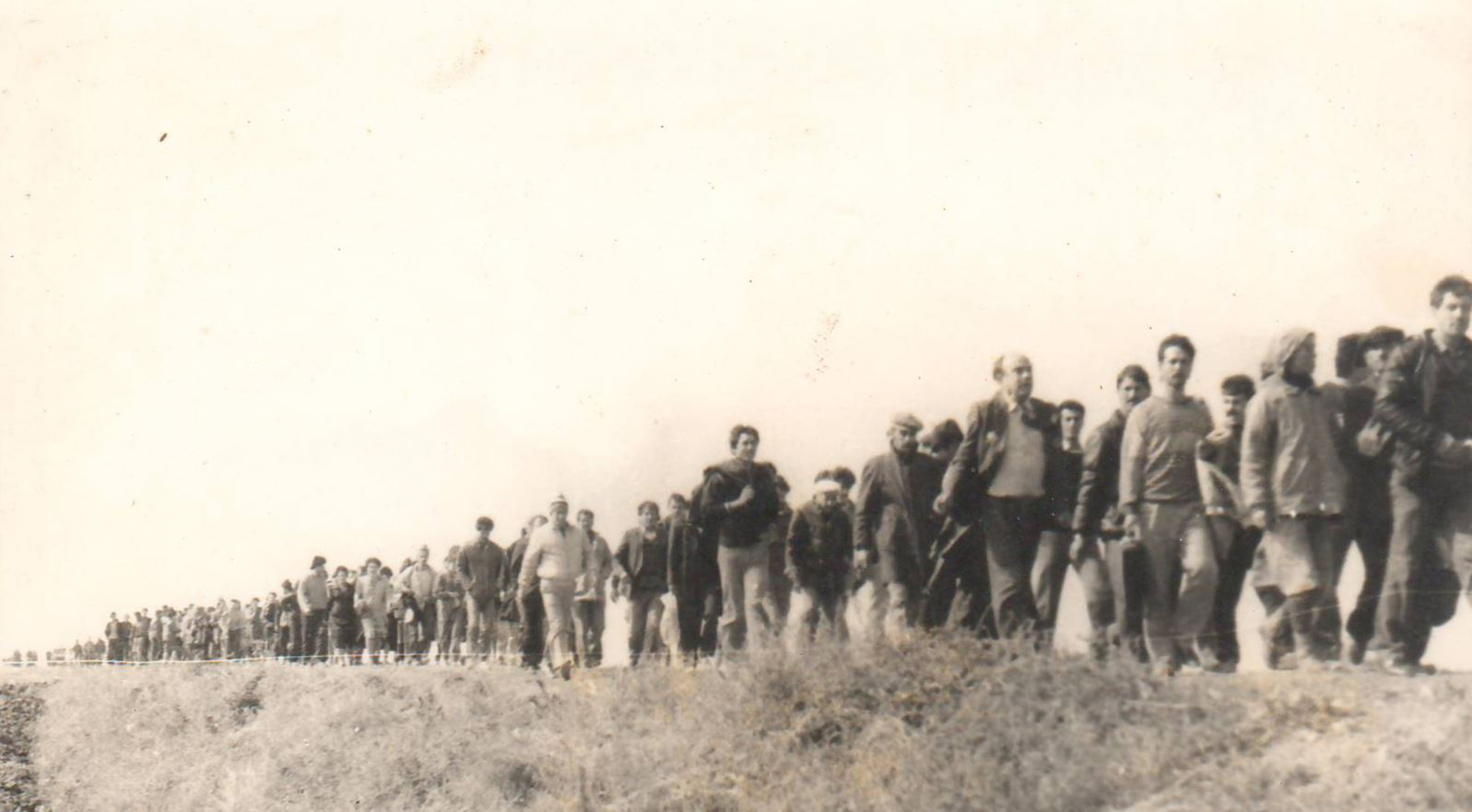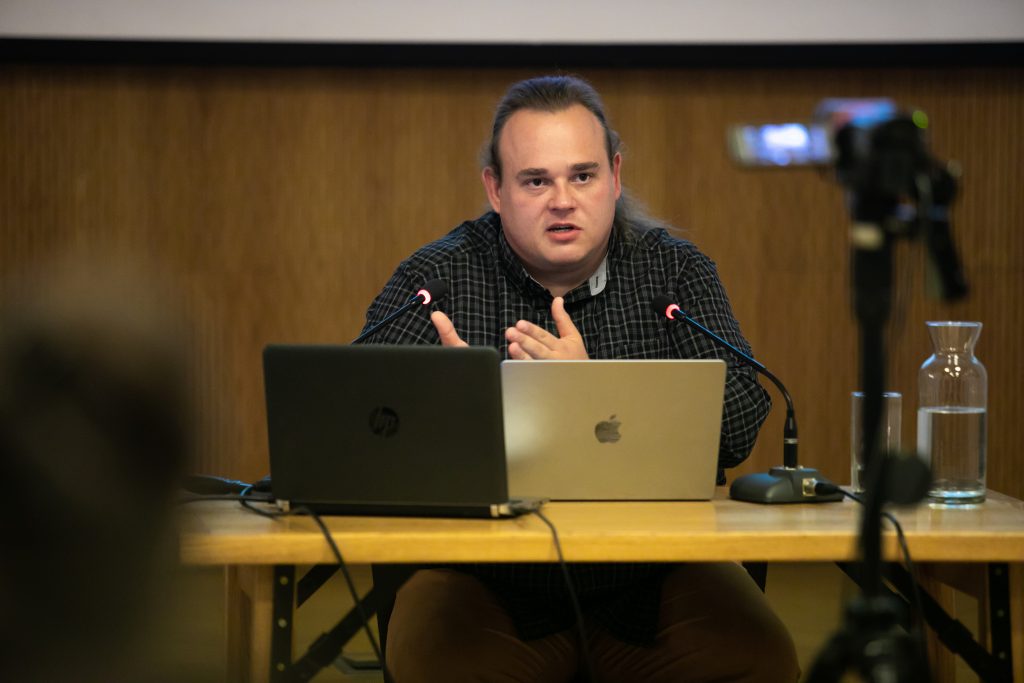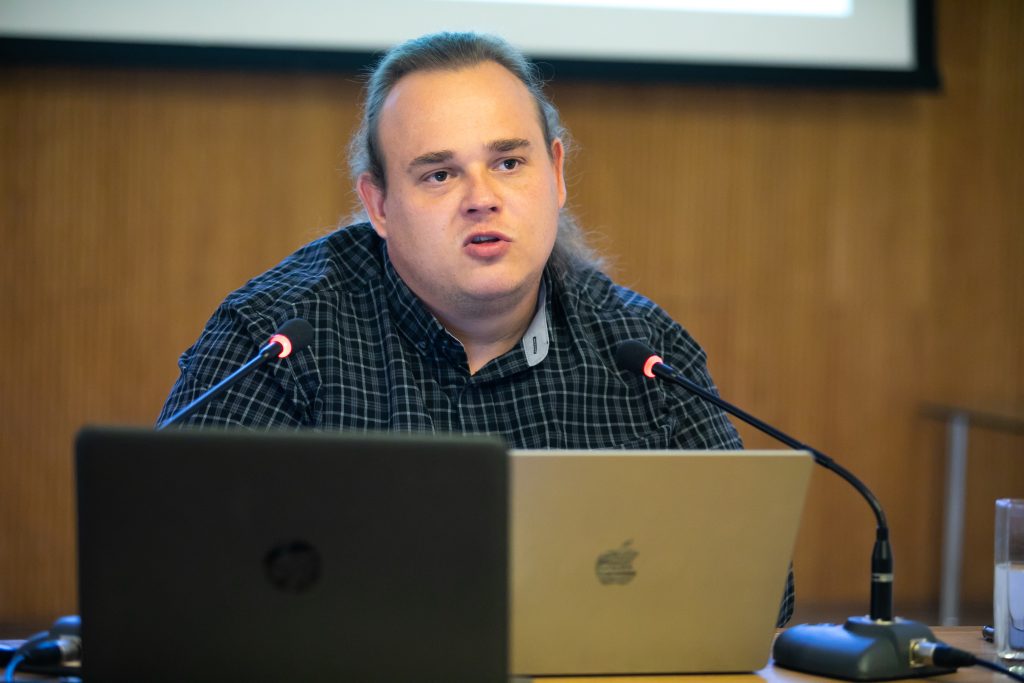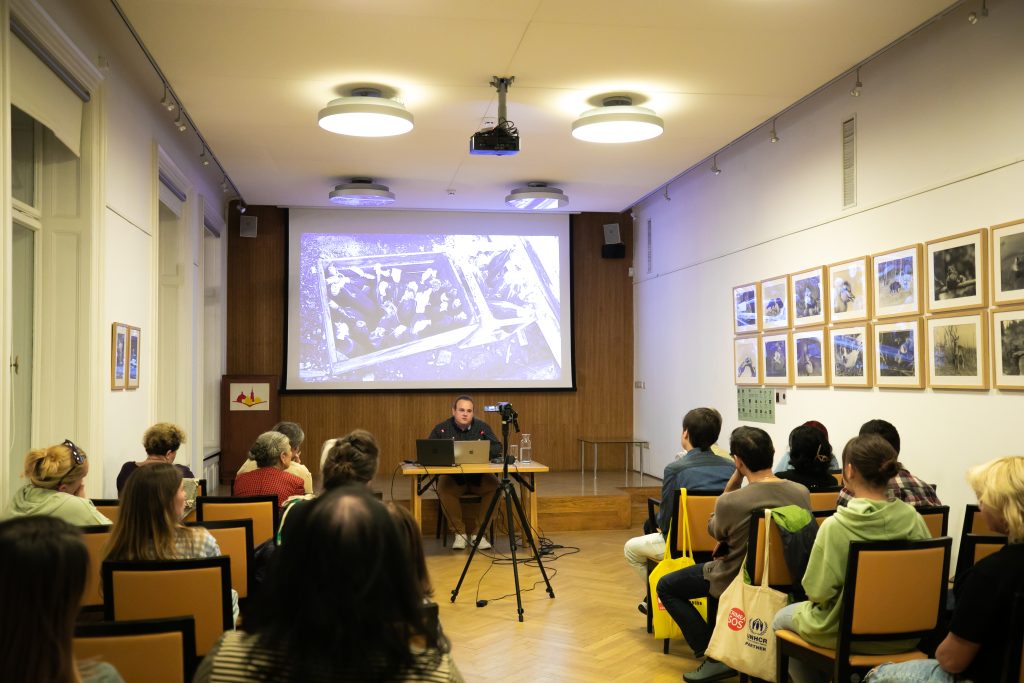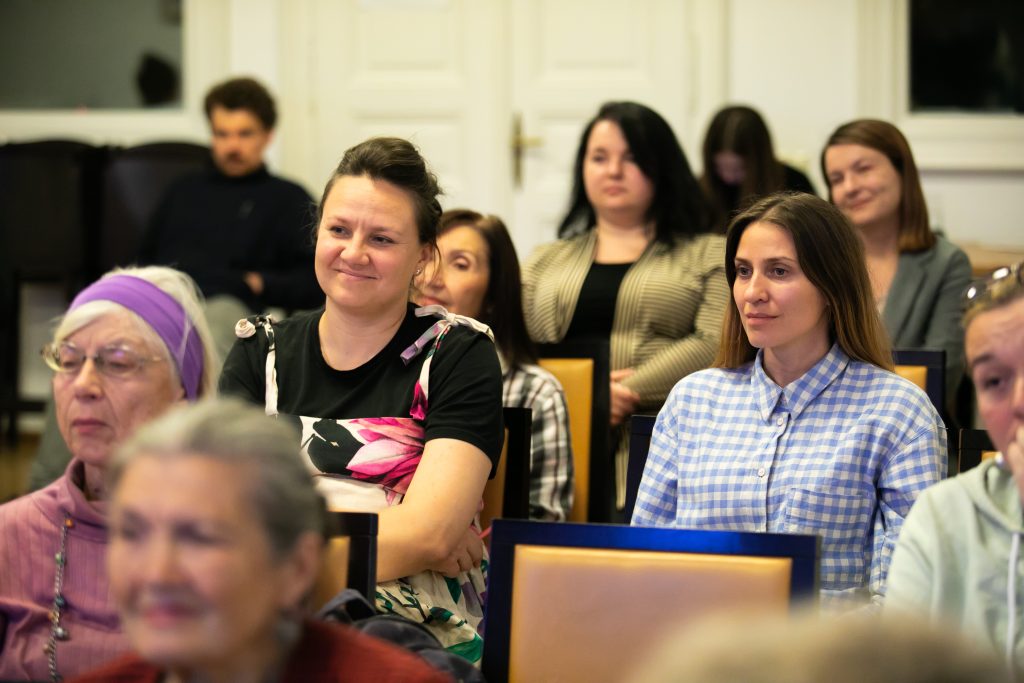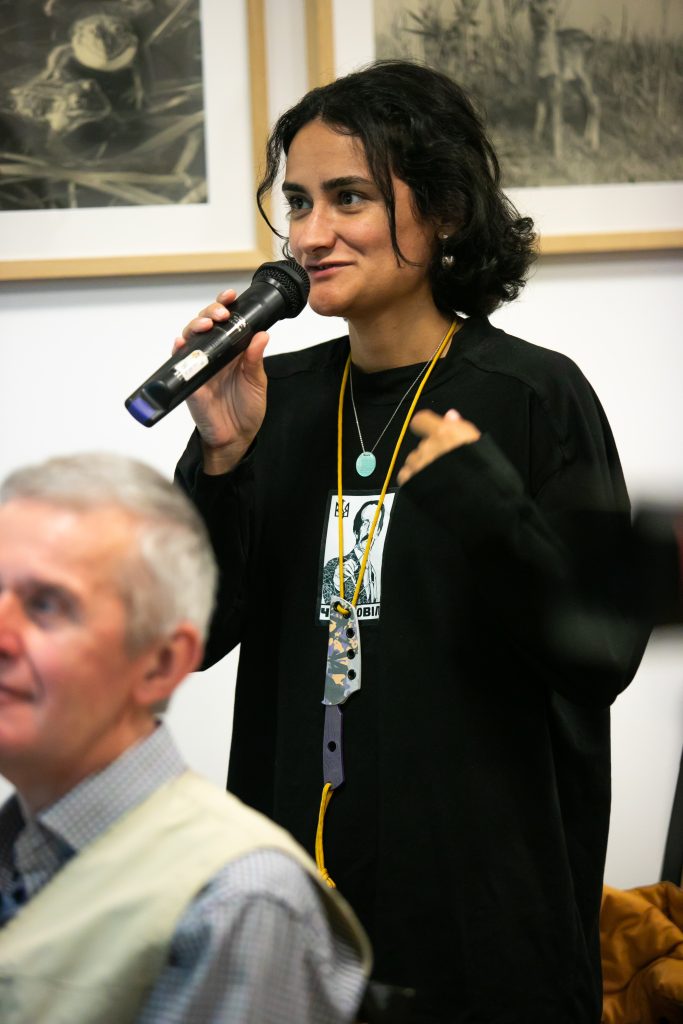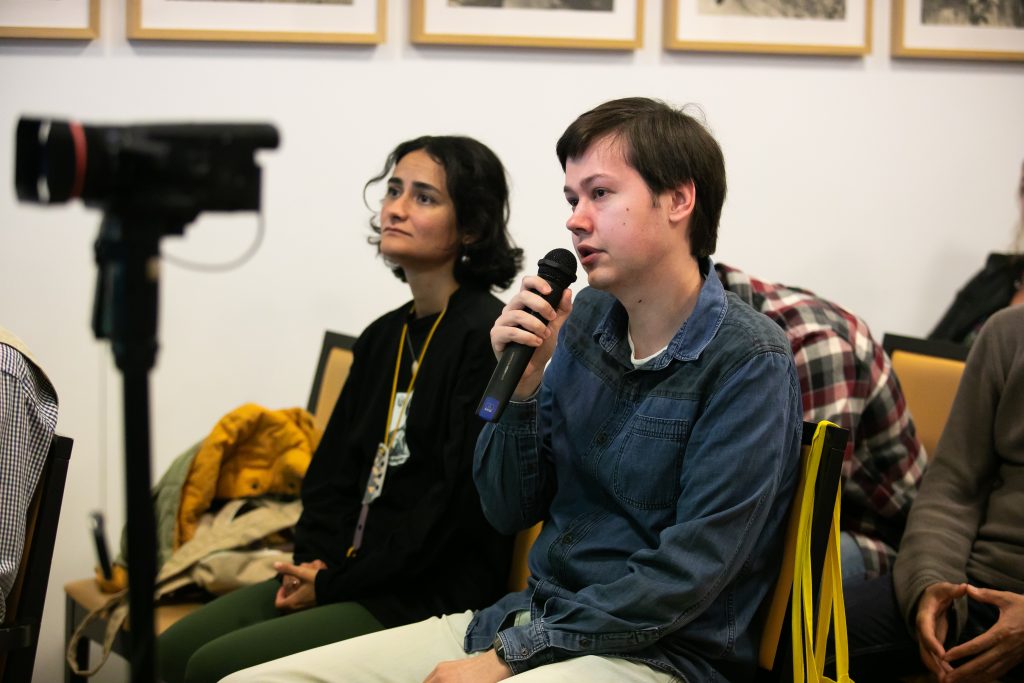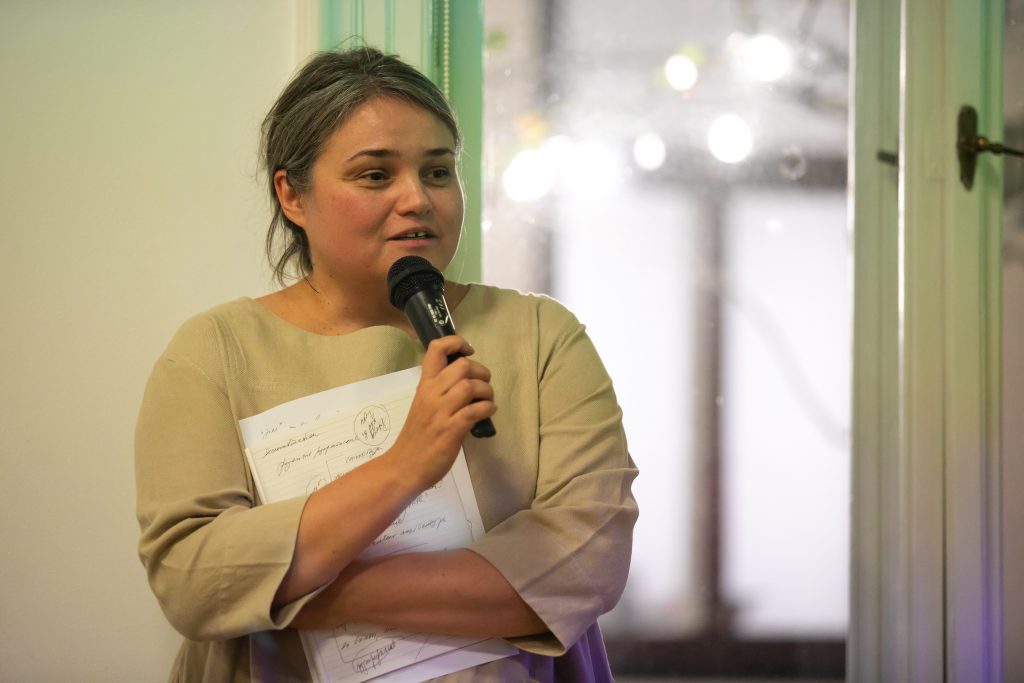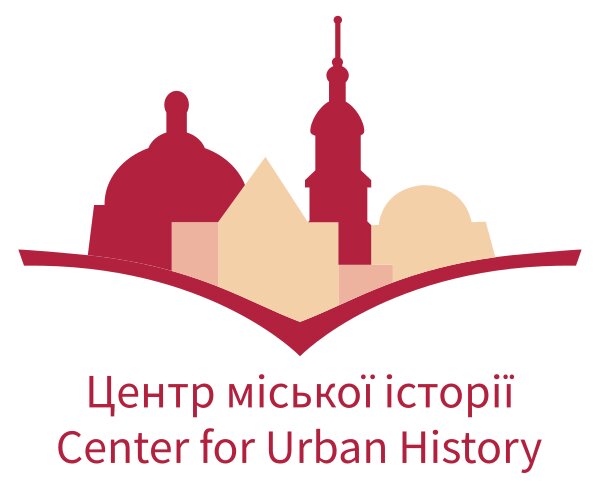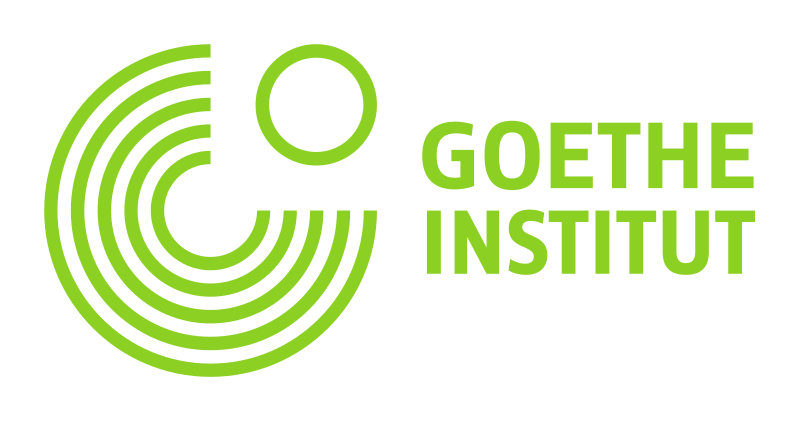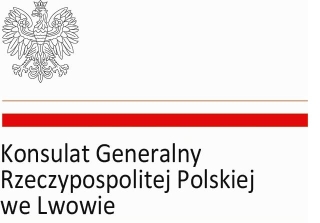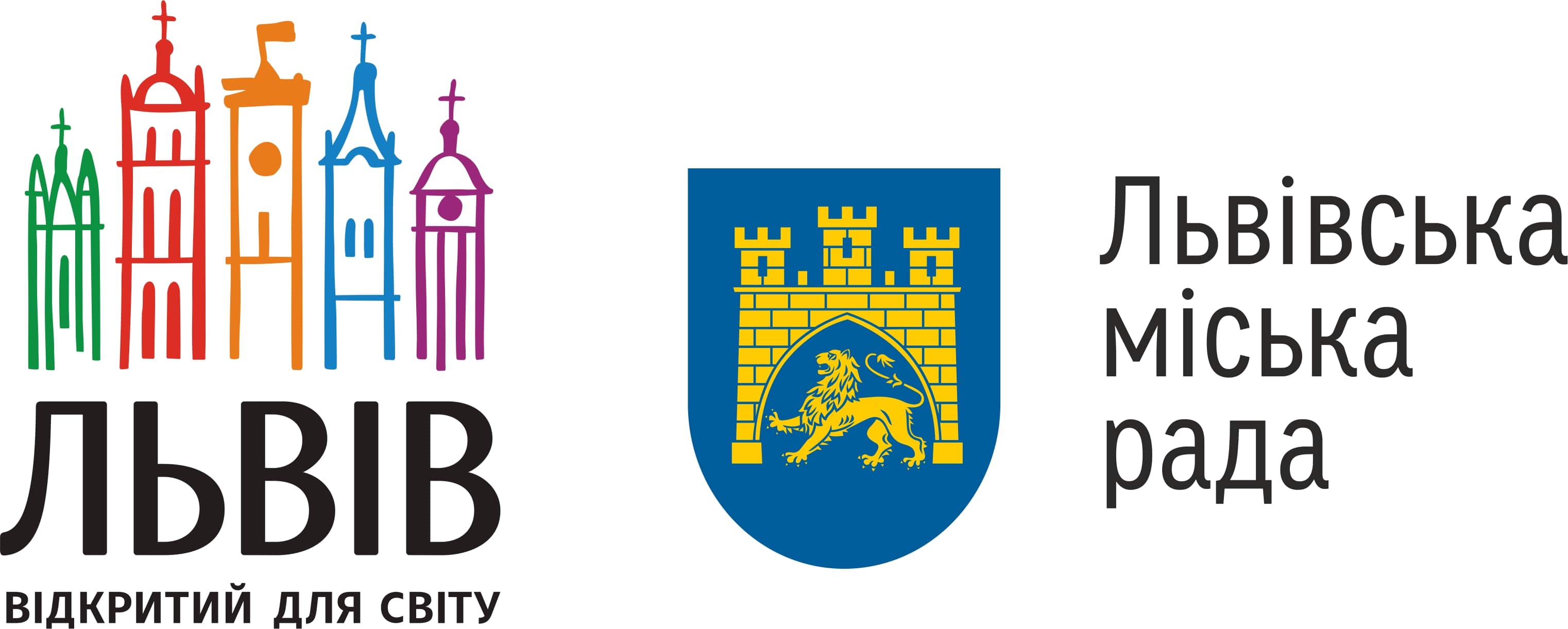A Return That Should Never Have Happened: Crimean Tatars and Their Way Home
Martin-Oleksandr Kisly
National University of Kyiv-Mohyla Academy26.9.2024, 18:30
Conference room of Center for Urban History, Bohomoltsia, 6
We invite you to the lecture by Martin-Olexander Kisly, organized as part of the public program "Domowroty / Повернення / Homing."
Stuart Hall, a British sociologist of Jamaican descent who defined himself as a migrant, wrote in 1987 that "somewhere deep down, migrants realize that they will never return" because migration is a one-way trip, and there is no "home to return to." As Homi Bhabha was compiling the collection that was to include Hall's article, Crimean Tatars gathered on Red Square in Moscow to demand the return of their people to their homeland. Yet, this was not the first protest against the Soviet policy of "rooting" the Crimean Tatars in exile.
The history of the Crimean Tatars' deportation and repatriation is unique. Unlike other people deported by the Soviet authorities, they did not receive the right to repatriate in 1956-1957. However, the Crimean Tatars did not invent a new homeland and did not remain scattered across the former Soviet republics.
Thus, did the Crimean Tatars manage to return home, and if so, when? Why is the repatriation of the Crimean Tatars called the "long return," and how did the people manage to maintain a connection with their homeland in exile, access to which was cut off by official and unofficial restrictions?
During the lecture, we will try to find an answer to these and other questions and examine return as an idea that emerges among deported Crimean Tatars under the influence of collective memory, narratives about the past, and practices associated with the lost home.

Martin-Oleksandr Kisly
National University of Kyiv-Mohyla AcademyHistorian, PhD in History. He researches the history of the Crimean Tatars; and defended his dissertation entitled “The Return of the Crimean Tatars to their Homeland in 1956-1989”. His research interests include migration, memory, trauma, identities, and colonialism. He is a graduate of the Fulbright Research and Development program (2017, University of Michigan, Ann Arbor) and a fellow of the Virtual Ukraine Institute for Advanced Study (2023). Executive Director of the RUTA Association for Central, South-Eastern, and Eastern European, Baltic, Caucasus, Central, and Northern Asian Studies in Global Conversation.
Drawing on the metaphor of "returns," which is particularly sensitive today, the series "Domowroty / ПОВЕРНЕННЯ / Homing" actualizes reflections on the constant process of physical and material return, as well as emotional and intellectual reflections on what is place, belonging, and connection. The public program is part of the project "Homing: Returns of People, Places and Archive." The project is implemented in cooperation with the Goethe-Institut in Ukraine.
The exhibition "Domowroty / ПОВЕРНЕННЯ / Homing" is organized by Andrij Bojarov, Center for Urban History and Lviv Municipal Art Center in partnership with the Consulate General of the Republic of Poland in Lviv and Department of Culture of the Lviv City Council.
Credits
Cover Image: Taman campaign (Taman-Simferopol), 1987 // from the archive of Shevket Ibraimov // Radio Liberty
Gallery: Ira Sereda
